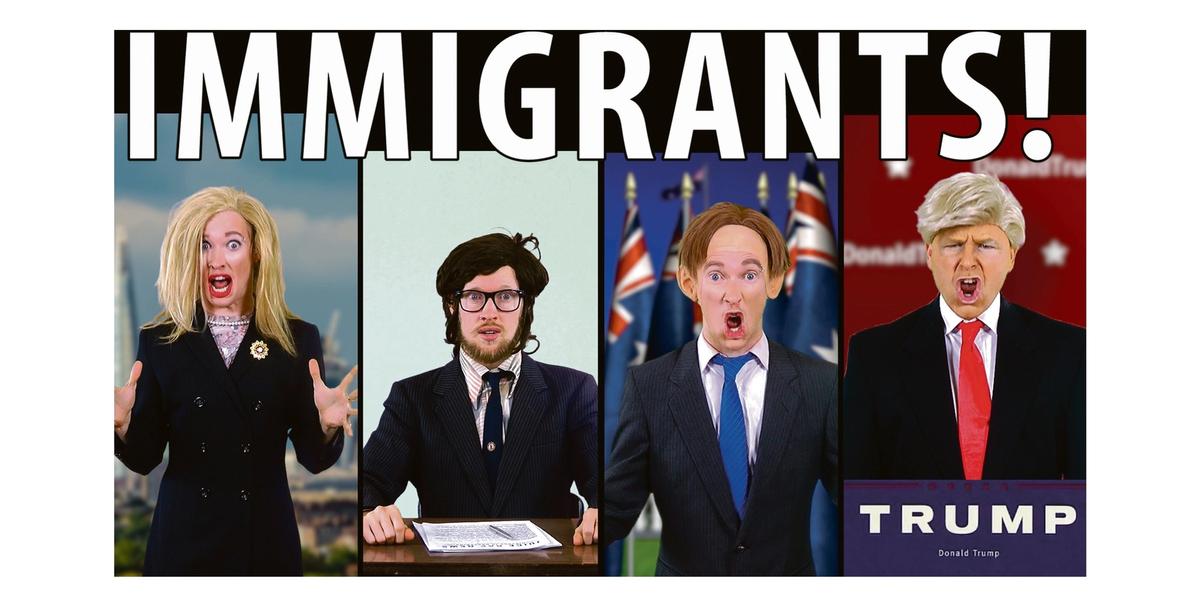A World Not Ours
La Kunsthalle Mulhouse
Until 27 August
Magnet Basel
Various venues
Until 1 October
Migration: Moving the World
Museum der Kulturen, Basel
Until 21 January 2018
The Brussels-based, Greek-born curator, historian and writer Katerina Gregos is bringing an expanded version of her exhibition A World Not Ours, which debuted in 2016 at the Schwarz Foundation on the Greek island of Samos—a major European entry point for refugees—to La Kunsthalle Mulhouse. “In Europe, [migration] has become one of the most fundamental political and existential issues of the continent, testing its attitudes towards human rights, notions of tolerance and peaceful coexistence,” she says, adding that she is “particularly interested in how artists respond to such questions because very often their work proffers a much more considered, critical and nuanced way of understanding such complex problems”.
The presentation in Mulhouse—a town in France, close to the Swiss and German borders, in which 25% of the population are immigrants—differs from the Greek show, which focused on what happens in the run-up to people’s decision to leave. Concentrating instead on the realities faced by refugees after arriving in Europe, it includes some artists from the Samos show as well as new names such as Aslan Gaisumov and Stine Marie Jacobsen. Gaisumov is exhibiting Household (2016), a piece comprised of two large crates and a wall text listing the belongings his family took with them when they fled Chechnya.
What sets these artists apart from others who have created work in response to the refugee crisis, Gregos says, is that many are refugees themselves. They “bring with them a completely different perspective and an empirical dimension into their negotiation of the complex issues underlying the representation of the refugee crisis, beyond passive observation”.
She continues: “Their work is the result of in-depth, long-term—often years’-long research—on the ground, genuine engagement and first-hand experience, as opposed to what has been called ‘poornography’: the use of images of poverty and precariousness to create sensational images in the media as well as in art.”
Meanwhile, 100 years of migration in Basel is explored in Magnet Basel, a series of five shows staged across the city and beyond. The shows, organised by the Swiss exhibition firm teamstratenwerth, are based on extensive records from the Staatsarchiv Basel-Stadt, including dossiers on foreigners compiled between 1917 and 1970 by the Basler Fremdenpolizei (foreigners police).
Visitors can read the biographies of immigrants, ranging from the famous, such as the German film star Ludwig Trautmann, a gay man, whose petition for political asylum was denied in 1935, to the obscure, such as Vanda Kovàcs, who fled Hungary in 1956 and settled in Basel.
Finally, more than 120 works from the collection of the Museum der Kulturen are being shown in an exhibition that looks at migration on a global scale over the past six centuries.
• For details of the venues hosting Magnet Basel, visit www.magnetbasel.ch


